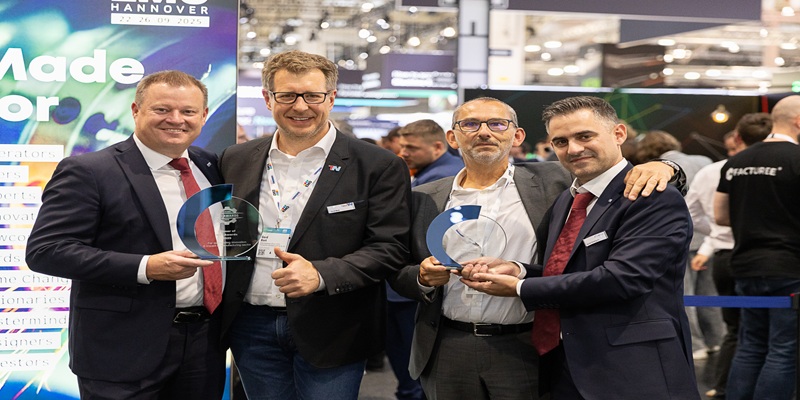Schedule a Call Back
Roadmap to digital transformation for Indian SMEs
 Articles
Articles- Mar 28,25

Related Stories

Ester Industries Reports 7% Growth in Revenue, Focuses on Sustainability & Expansion
With growing demand for Polyester Film, IP protection for certain marquee products in Specialty Polymers segment, and focus on products promoting recycling and sustainability, we are confident to co..
Read more
Honeywell, TotalEnergies Advance Industrial Autonomy with AI Control Pilot
By combining operational analytics with real-time predictive insights, the solution supports a more efficient workflow within critical refinery operations.
Read more
India’s Solar Waste May Reach 11 Million Tonnes by 2047
The country’s installed solar capacity has already crossed 85 GW, and with the target of 500 GW of renewable energy by 2030, waste volumes are expected to rise sharply in the coming decades.
Read moreRelated Products

Digital Colony Counter
Rising Sun Enterprises supplies digital colony counter.
Robotic Welding SPM
Primo Automation Systems Pvt. Ltd. manufactures, supplies and exports robotic welding SPM.

Heat Exchanger Scale Removal Compound -hesr-300
Hi There!
Now get regular updates from IPF Magazine on WhatsApp!
Click on link below, message us with a simple hi, and SAVE our number
You will have subscribed to our Industrial News on Whatsapp! Enjoy















